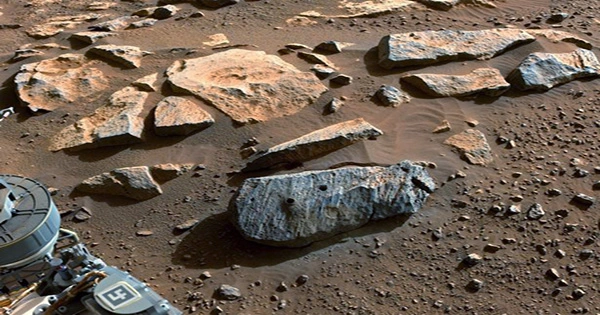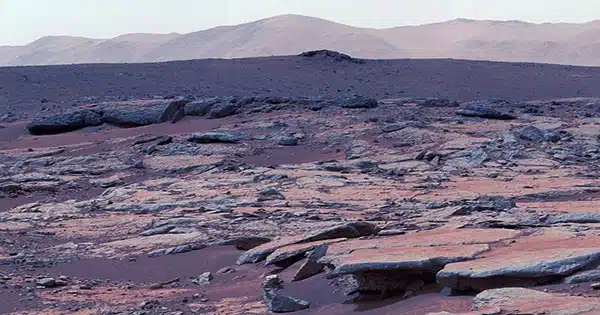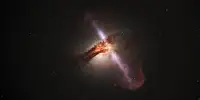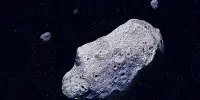As wildfires, floods, and earthquakes continue to wreak havoc on the world, it’s no surprise that specialists are devising ways to flee our troubled planet – one of which involves a fizzy drink.
Elon Musk has revealed that his rocket business SpaceX’s ultimate goal is to “make life multi-planetary and enable humanity to become a spacefaring civilization.”
The issue is that there are a few details we’ll need to work out before we can set up shop on Mars, the Moon, or anywhere else. These include self-sustaining water sources, radiation protection, and, well, breathing.
Fortunately, experts believe they are getting closer to finding solutions for at least two of these three demands, and they may be available in your local health food store.
Scientists at the European Space Agency (ESA) have been testing bacterial cultures to see how resilient they are in space, and they think they have “great promise for supporting humans on the Moon and Mars.”

These cultures are multi-species mixtures of bacteria and yeast that have been shown to endure harsh environmental conditions on Earth due to their ability to construct architecturally sophisticated communities known as biofilms.
In fact, these biofilms are so tough and capable of attaching to practically any surface that they can endure high temperatures and radiation.
Indeed, after exposing several kombucha culture samples to cosmic radiation for 18 months, the ESA discovered that one of the microorganisms included within – cyanobacterium – was able to repair its DNA and resume cell division even after being exposed to cosmic radiation.
Scientists anticipate that researching how these bacteria respond to such harsh environments may aid in the development of radiation-protection measures for astronauts in space.
Another experiment found that the cell clusters served as a microhabitat for smaller species. That is, some cells could “hitchhike” through space while being protected by larger groupings.
This shows that these clusters and biofilms could be employed to protect creatures (such as people) during extended space missions.
Such trials also aid in our understanding of how cells protect themselves from the extremes of space, as well as how we can prevent biological and chemical pollution from Earth from reaching other planets, and vice versa. This is critical for environmental conservation.
Because of their potential to create oxygen, kombucha cultures are also of significant interest to space researchers.
If this ability can be used in space, microorganisms could become self-sustaining life support systems for space civilizations.
“The cultures show great potential in supporting long-term human presence on the Moon and on Mars,” Petra Rettberg, Head of the German Aerospace Center’s (DLR) astrobiology group, said in an ESA statement released on Monday.
“Because of their ability to produce oxygen and function as bio-factories, this biotechnology could significantly enhance future space missions and human space exploration efforts,” said Nicol Caplin, a deep space exploration scientist.
“I hope to see our samples attached to the lunar Gateway in the future, or possibly used on the Moon’s surface and beyond.”
















